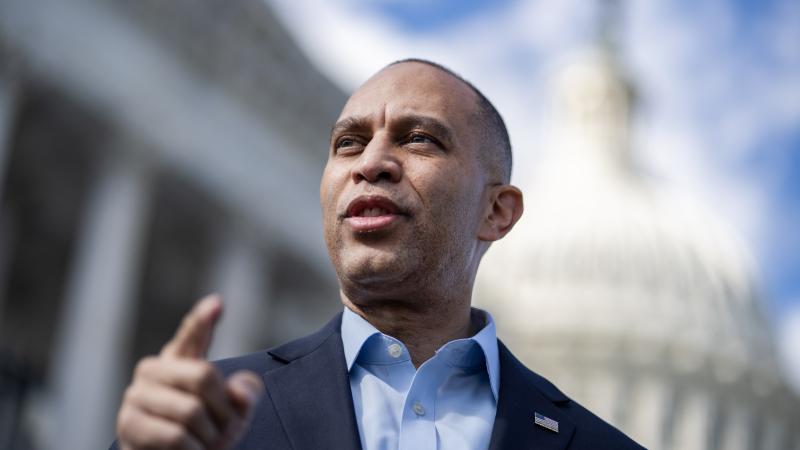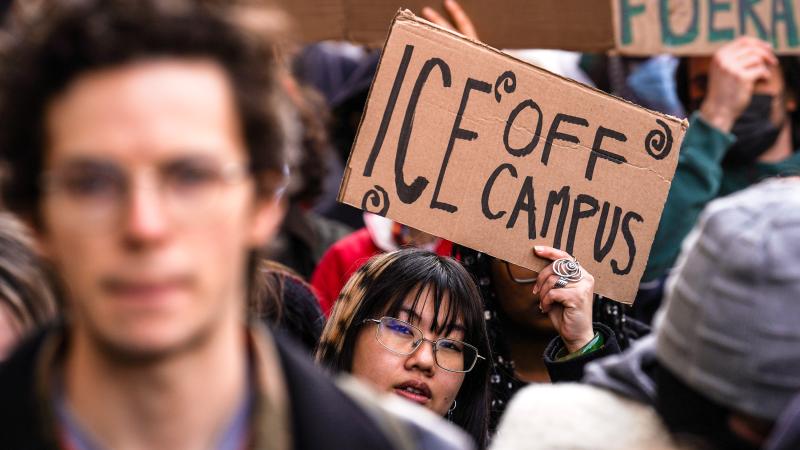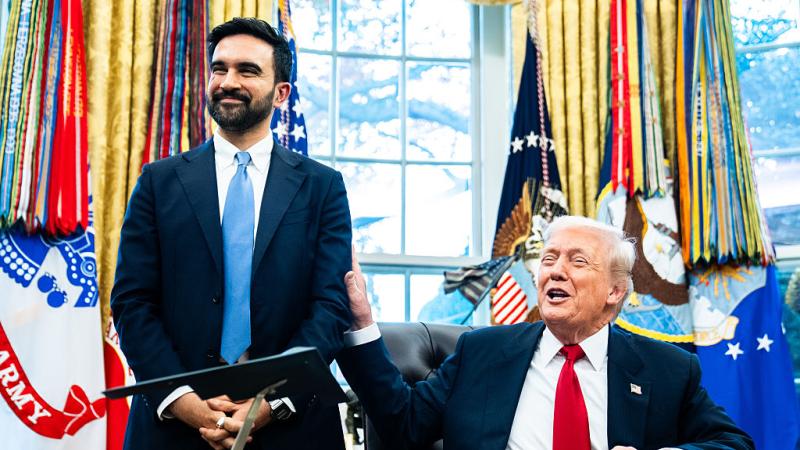GOP congressman says Democrats plan to make D.C. 51st state 'key part of radical leftist agenda'
While Democrats have a slim majority in the Senate, the filibuster will make it harder to pass the proposed statehood for the District of Columbia.
Republican Rep. James Comer argued Monday during a House Oversight and Reform Committee that Democrats' attempts to make Washington D.C., the nation's 51st state is part of their radical agenda.
"D.C. statehood is a key part of the radical leftist agenda to reshape America along with the Green New Deal, defunding the police and packing the supreme court," the Kentucky lawmaker said.
The House Democrats' measure to give The District of Columbia statehood and thus voting members in both chambers – titled the Washington D.C. Admission Act – says is measure is unconstitutional and that the 23rd amendment already gives the federal city three Electoral College votes.
He also said supporting this bill would take money from Democrats' existing constituents because federal funding would be taken from their states to pay for a new state.
Others disagree with Comer, such as Delegate Eleanor Holmes Norton, the District non-voting House member, who reintroduced the bill, H.R. 51, which would create the state of Washington Douglass Commonwealth. The name to honor George Washington as well as abolitionist Frederick Douglass, in January.
"D.C. residents deserve full voting representation in the Senate and House and complete control over local affairs," Norton said. "Congress has two choices, it can continue to exercise undemocratic, autocratic control over the American citizens who reside in our nation's capital, treating them in the words of Frederick Douglass, as aliens, not citizens, but subjects, or it can live up to this nation's promise and ideals."
The bill to make D.C. the nation's 51st state comes after the House passed the Democratic-led H.R. 1 For The People Act, which, if signed into law, would almost certainly increase their majority in the lower chamber while already controlling the Senate and White House.
While Democrats currently have a majority in the Senate, they would need 10 Republican senators to overcome the filibuster to block the bill if it passes in the House, as expected, according to CBS News.
The measure if passed and signed into law would also likely give Democrats two more senators.
Republican Sen. Tom Cotton of Arkansas said Sunday, "What vital industries would the new state of Washington represent? Lobbying? Bureaucracy?" he asked. "Give me a break. By far, the largest group of workers in the city are bureaucrats and other white-collar professionals."
Cotton isn't the only Republican concerned with Democrats and elections; Many states around the nation have implemented election integrity laws, with some curbing absentee ballots and voter ID forms, such as Georgia, which pushed dozens of election integrity laws after the 2020 presidential election, according to NBC.















